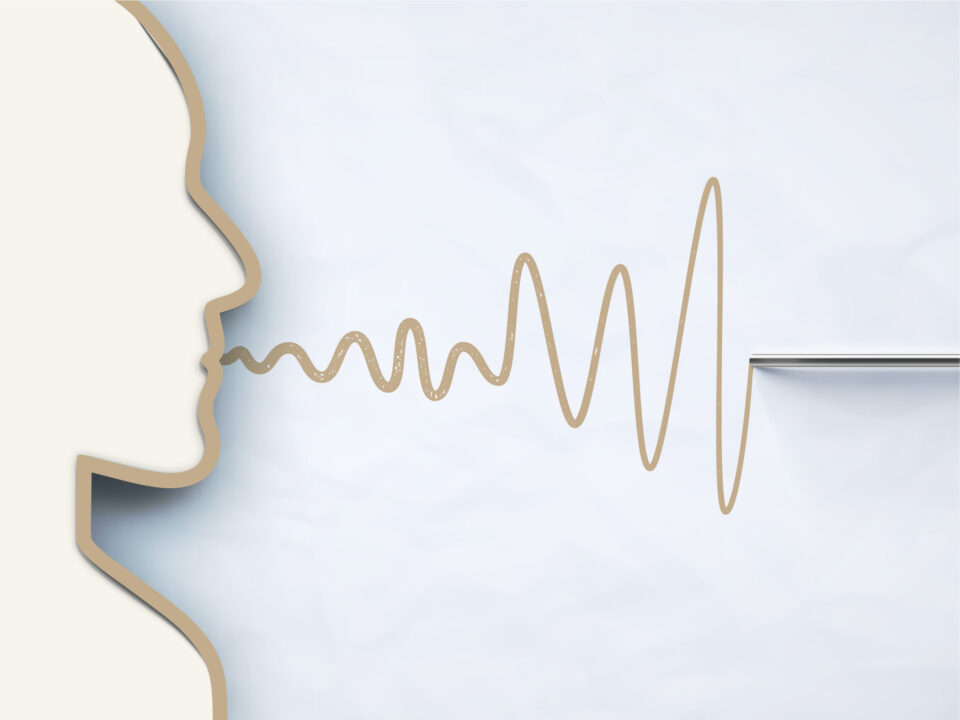Mediation is rather important in the field of conflict resolution in enabling parties to come to mutual decisions. Lie detector tests, sometimes known as polygraphs, are one creative instrument becoming rather popular in this industry. Though historically connected with criminal investigations, tampa lie detector test can improve mediation procedures by encouraging openness, confidence-building, and more efficient communication.
Understanding the Role of Lie Detector Tests
Lie detector tests track physiological reactions—heart rate, blood pressure, and breathing—as a person responds to inquiries. The theory is that false responses will cause obvious physical changes. These tests can help to clarify facts in mediation, particularly in cases when parties have different accounts of events or problems under dispute. For mediators, lie detectors can be a useful tool because they offer an objective assessment of honesty.
Building Trust and Transparency
Using lie detector tests in mediation has mostly positive effects on participants’ trust development. People who consent to a polygraph test show a dedication to openness. This legislation can help to remove obstacles and create a more open climate whereby people feel more at ease expressing their opinions. Trust develops, makes navigating challenging dialogues simpler, and increases the likelihood of common ground between people.
Facilitating Honest Communication
Furthermore, motivating honest communication are lie detector exams. Knowing that a lie detector would be used can inspire individuals to be sincere about their emotions and viewpoints. Deeper conversations on underlying problems resulting from this openness enable mediators to solve the conflict’s basic causes instead of only addressing surface-level problems. Expressing actual worries helps one to find answers that satisfy all the concerned parties.
Addressing Skepticism and Misunderstandings
Although lie detector tests have advantages, mistrust of their dependability and accuracy might develop. Mediators must clear any misunderstandings and educate participants on the workings of polygraphs. Clear knowledge of the testing procedure helps to reduce anxiety and increase trust in the effectiveness of the tool. Mediators should also stress that the intention of employing a lie detector is not to “catch” someone lying but rather to encourage healthy communication.
Maximizing the advantages of tampa lie detector test in mediation calls for a careful strategy stressing education, communication, and trust. Mediators can improve the efficiency of their work by including this creative instrument, thereby producing more favorable results for all the engaged parties. Accepting techniques like lie detector testing may become more crucial in negotiating difficult conflicts as the terrain of mediation changes. The ultimate objectives are to ensure that mediation stays a strong tool for dispute resolution by means of facilitating resolution, encouraging understanding, and so strengthening relationships.


